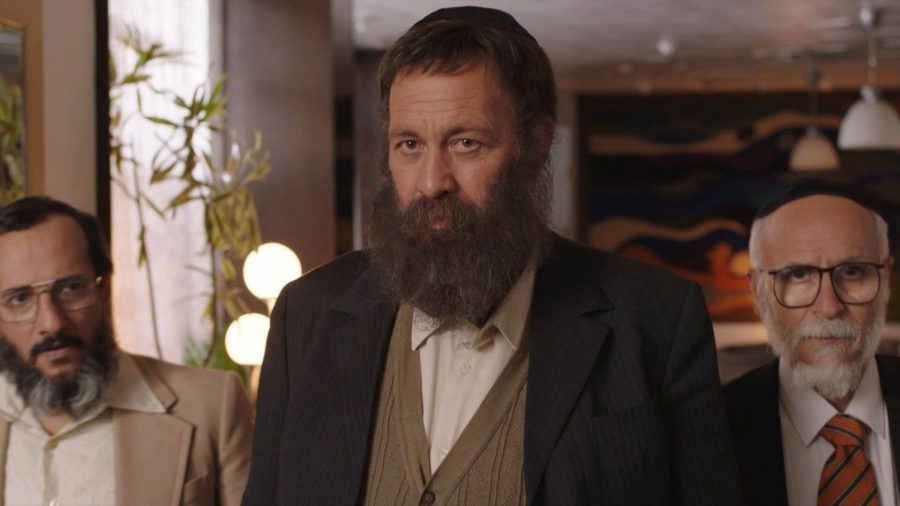Silverscreen will be covering the film festival as part of a 14-member team of film critics and journalists from across the world.
The 35th Jerusalem Film Festival is soon to be unveiled at the ancient city’s iconic landmark, Sultan’s Pool, with the screening of The Unorthodox, a Hebrew drama directed by Elrin Malka. It portrays a crucial hour in the political history of Israel that led to the formation of the Shas Party in the early 1980s. The selection of The Unorthodox as the opening film breaks an old practice of unveiling the film festival with a popular foreign title.
The festival, which will run till August 5, will screen a horde of films from across the world at the Jerusalem Cinematheque and other venues around the city. The film festival, which was founded by late Lia Van Veer, will also screen Holocaust dramas, and films on Jewish heritage from around the world that fall under a coveted category, The Jewish Experience. Tsivia Barkai’s Red Cow talks about the intersection of faith, identity and homosexuality in a traditional Jewish household in a West Bank settlement, while documentary director Rudiger Suchsland’s Hitler’s Hollywood, with the help of archival footage, explores how the cinema of the Third Reich chronicles the rise and fall of Nazi Germany. The festival will also screen King Bibi, a film directed by Dan Shadur, that traces the current Israeli Prime Minister Benjamin Netanyahu’s ascent to power, using archival footage of his appearances on media, a relationship that has turned toxic over the years.
The festival coincides with a particularly tense social moment in the city, for a week ago, the Israeli Parliament passed a controversial bill that pronounces the country as primarily a Jewish State. There are a few Arab titles in the screening list; fewer on the subject of Palestine.
Another highlight of the festival is a category that features restored versions of classics including Stanley Kubrick’s 2001: A Space Odyssey (thanks to Christopher Nolan who anchored the restoration process), The Ancient Law, a 1923 German drama set in Austria, Yazujiro Ozu’s The Flavor of Green Tea Over Rice, and Life According to Agfa, a Jewish classic from 1992, preserved and now digitally restored by the Jerusalem Film Archive. The film is the first of the Israel Film Archive projects to be completely done in the country.
Among the new titles are Girl, directed by Belgian director Lukas Dhont which won the Camera D’Or award for the best first film at this year’s Cannes Film Festival, Spike Lee’s BlacKkKlansman, and Wild Pear Tree, the latest work of Turkish filmmaker Nuri Bilge Ceylan. The festival will culminate with a screening of Wes Anderson’s latest film, Isle of Dogs. German filmmaker Christian Petzold, the maker of Phoenix, an acclaimed revenge drama that unfurls in the backdrop of Holocaust, is one of the popular guests attending the festival. He will be honored in a tribute section that will screen all his films, including the most recent one, Transit, which was in the competition section of Berlinale 2018. In a retrospective section, eight films of renowned late French filmmaker Chantal Akerman will be screened.
Recommended
Japanese anime master Mamoru Hosoda’s latest film, Mirai, which the Variety described as “every bit as enchanted as Charles Dickens’ A Christmas Carol, though entirely original in its own right” will be screened at the festival. It is a part of the festival’s JFF On The Go, a mobile cinema on a truck that goes to 10 neighborhoods.
One of the most prominent sidebar events at the festival is Think Fest, an initiative put together by the festival director Noa Regev and artistic director Elad Samorzik, that will be attended by film programmers and film festival directors from across the world. Smriti Kiran, creative director of Mumbai MAMI film festival is one of the panelists at a discussion on how festivals face up to censorship or political pressure, and how they are tackling gender equality in the #MeToo era.



